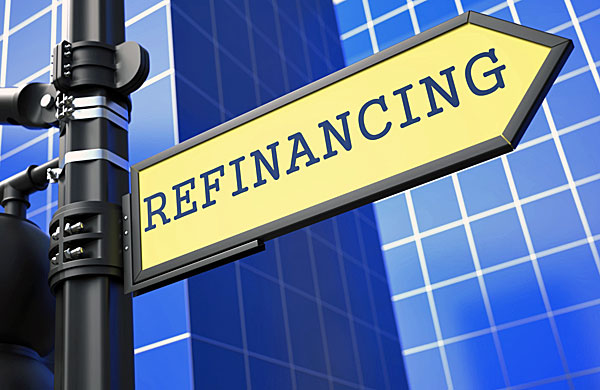Millennials: 3 Financial Priorities That Shouldn't Wait

Millennials are frequently criticized for needing instant gratification, but recent reports point out that they actually have more patience than previous generations. Both the U.S. Census Bureau and Centers for Disease Control and Prevention (CDC) say millennials are delaying getting married and starting a family by almost a decade.
And it's not just life decisions millennials are postponing; this behavior is also prevalent in their financial decisions. According to a recent survey from Bankrate.com, millennials are putting off important financial moves due to high levels of student debt.
"Knocking out debt should be a priority when you are young, but it's also important to balance that with other key financial priorities," says JJ Montanaro, a financial planner with USAA. "Time is your number one ally when planning for the future and delaying now may cost you more in the long run."
Montanaro highlights the three main financial priorities millennials shouldn't hit the pause button on:
Life Insurance
A recent survey found that one in three millennials acknowledge they need additional life insurance coverage. However, most aren't purchasing it because they think it's too expensive or because they have other financial priorities.
While millennials may not immediately reap the benefits of life insurance coverage, locking in the cost of life insurance premiums at a young age can pay off in the future. Montanaro explains that life insurance premiums will only increase with age and additional health complications.
With many life changes likely on the horizon, millennials should find a plan that offers term life event options that allow them to easily increase coverage following significant events such as getting married, having a child or buying a home.
Montanaro also points out that life insurance may not cost as much as buyers anticipate. More than eight in 10 people overestimate the cost of a policy. He says a life insurance calculator is a great place to start to understand coverage needs and estimate costs.
Health Insurance
Regardless of overall health or age, it's important to have health insurance and understand what it covers to avoid additional penalties and plan for the unexpected.
Under the Affordable Care Act, not having a qualified health insurance plan can result in a penalty at tax time. Montanaro points out that this penalty has risen to 2.5 percent of household adjusted gross income in 2016, or a flat rate which is expected to rise in the coming years.
For millennials who may not currently have large medical bills or health issues, Montanaro recommends they look at a high-deductible plan with a health savings account (HSA). An HSA allows account holders to set aside pre-tax money for health expenses and free-up some emergency cash when they do eventually need it.
Retirement Investing
Only one-third of individuals aged 18 to 35 say they invest in the market, according to a recent Bankrate.com survey. Montanaro says sitting on the sidelines with retirement savings may result in millennials missing out on the power of compounding returns and may even extend their retirement timeline.
But retirement investing doesn't have to be intimidating. Montanaro recommends starting small with a low-cost mutual fund, such as a target date fund, that allows a low entry point, requires little maintenance and invests in a portfolio that automatically adjusts as retirement gets closer.
The most important step is to get a foot in the door. While USAA recommends investing 10 percent of your income toward retirement, even earmarking 1 percent for the future provides a foundation upon which to build.
This material is for informational purposes. Consider your own financial circumstances carefully before making a decision and consult with your tax, legal or estate planning professional. (BPT)




.jpg)

 better match for financing a wedding. The key is to research the various types of loans, know what services they're designed to provide and then choose the one that best fits your financial needs.
better match for financing a wedding. The key is to research the various types of loans, know what services they're designed to provide and then choose the one that best fits your financial needs. 1. What are my financial goals?
1. What are my financial goals?



